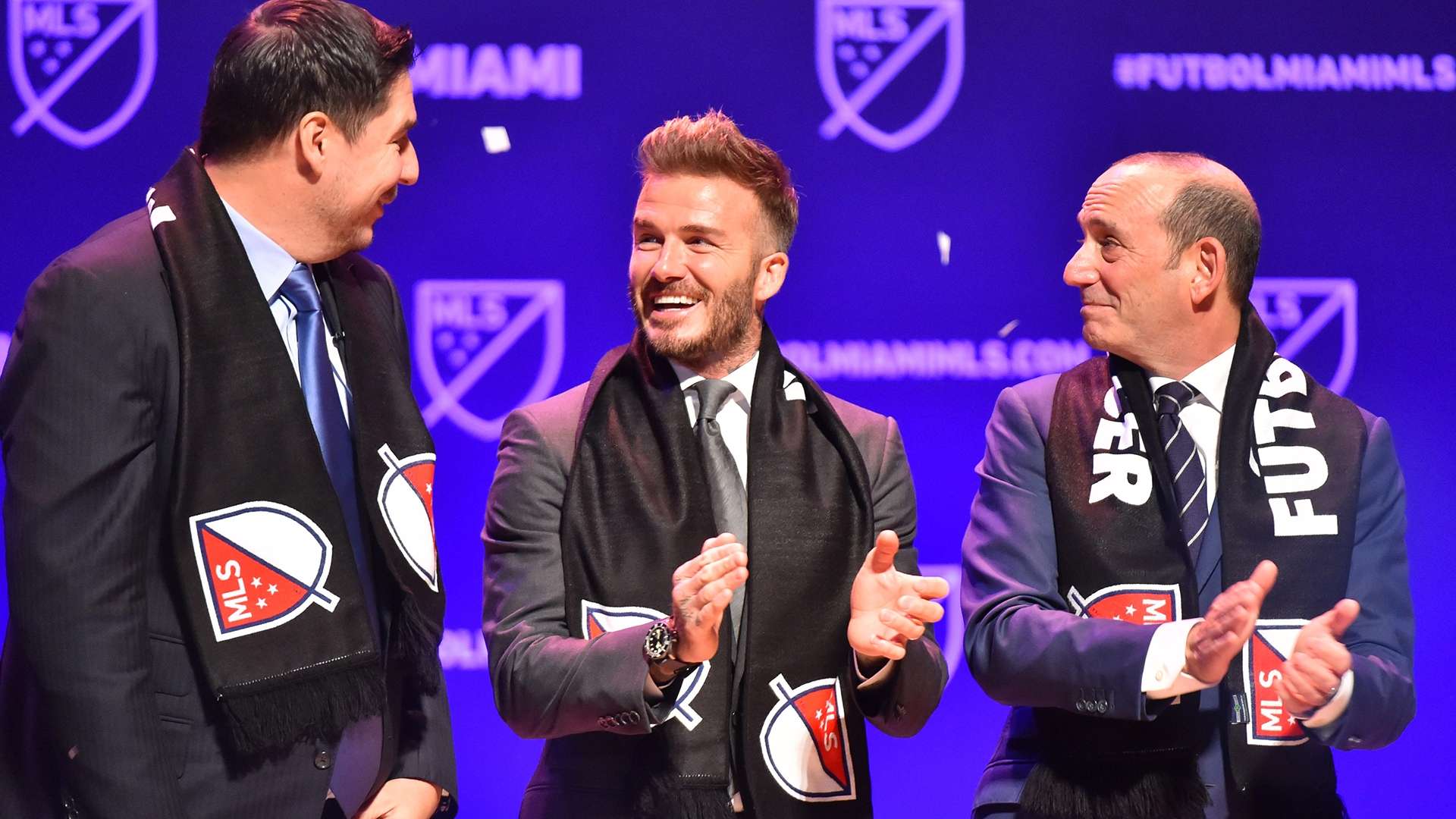American soccer does not have promotion and relegation, making Major League Soccer one of the only first-division professional soccer leagues in the world where clubs don't have to fear the drop.
While there are ordered tiers in the U.S. soccer system below MLS, such as the United Soccer League (USL), clubs generally aren't permitted to move between levels. And when they do jump up, it's to become MLS expansion teams based on financial merit rather than on-field performance.
GOAL explains why the U.S. favors the method it uses for other sports rather than a promotion and relegation system.
This page contains affiliate links. When you subscribe through the links provided, we may earn a commission.
Sign up here for MLS Season Pass through Apple TV and watch every MLS match, including the playoffs!
Why doesn't promotion and relegation exist in the United States?
It starts with the reality that only a couple of decades ago there was no established professional soccer structure in the country. MLS helped fill the void with a business model that treated each of the league's teams as part of one entity.
That single-entity structure has helped the league grow at a slow and steady pace over the past two decades, blossoming from a 10-team operation to a 29-team league that is set to grow even more in the coming years.
Though MLS is expanding at a rapid rate, there is no push on the part of MLS to support the implementation of promotion and relegation, which is a system that would need to be mandated and implemented by U.S. Soccer.
On the contrary, MLS is the biggest opponent of the system, citing the large investments being made by new teams arriving in the league each year.
It is that level of investment that has made U.S. Soccer reluctant to even consider the idea of trying to implement promotion and relegation at this point, even though the American second division, USL, is also growing rapidly. The sport is thriving at multiple levels, but that hasn't led to any sort of movement from U.S. Soccer on the topic.
The stagnation has led to lawsuits and court filings made by opponents of the current setup in the United States in an attempt to open a system that they believe is currently controlled by MLS rather than U.S. Soccer. That litigation has so far been fruitless.
“Just because there is promotion/relegation in other leagues that were founded on different principles doesn’t mean that it would make sense in Major League Soccer," Garber told the Kansas City Star in 2019. "We have a vibrant No.2 league in the USL.
"If all of a sudden [expansion teams are] playing in a different division that doesn’t have national revenues - because the USL doesn’t have that - how does that make any sense? There’s no economic rationality to promotion/relegation whatsoever in the era that we’re in today.”
What is the case for promotion/relegation?
As things stand, MLS teams face no real backlash for operating perennially unsuccessful clubs, whereas promotion and relegation could shed the league of subpar ownership groups while potentially bringing in new blood that could help the league, and American soccer, reach new heights.
That is the dream proponents of the movement of teams between divisions in American soccer are holding onto, but MLS promotion and relegation isn't likely to become a reality any time soon, if ever, given the economic truths of the system.




